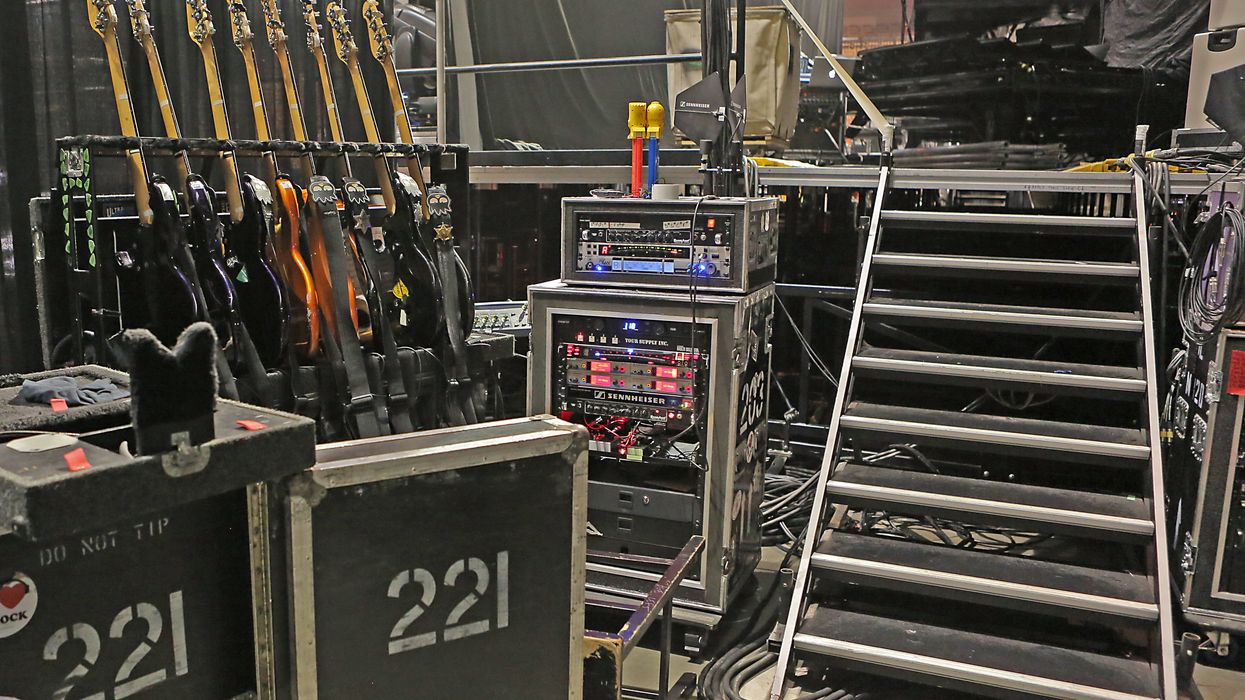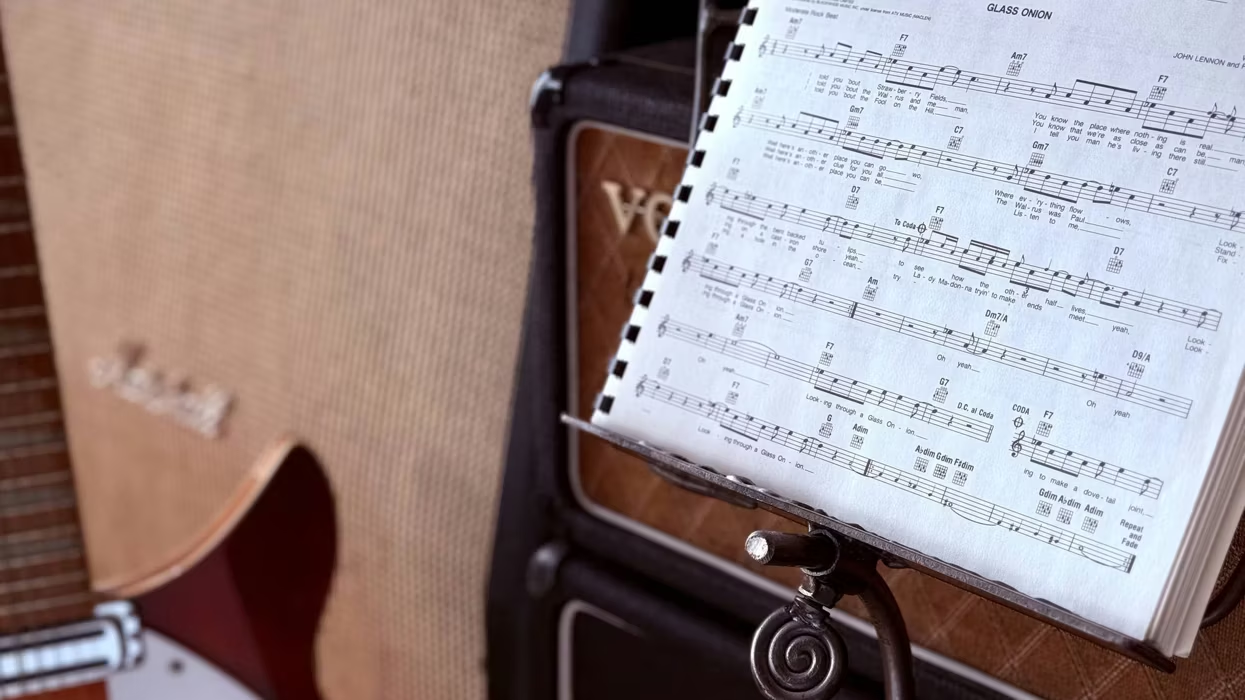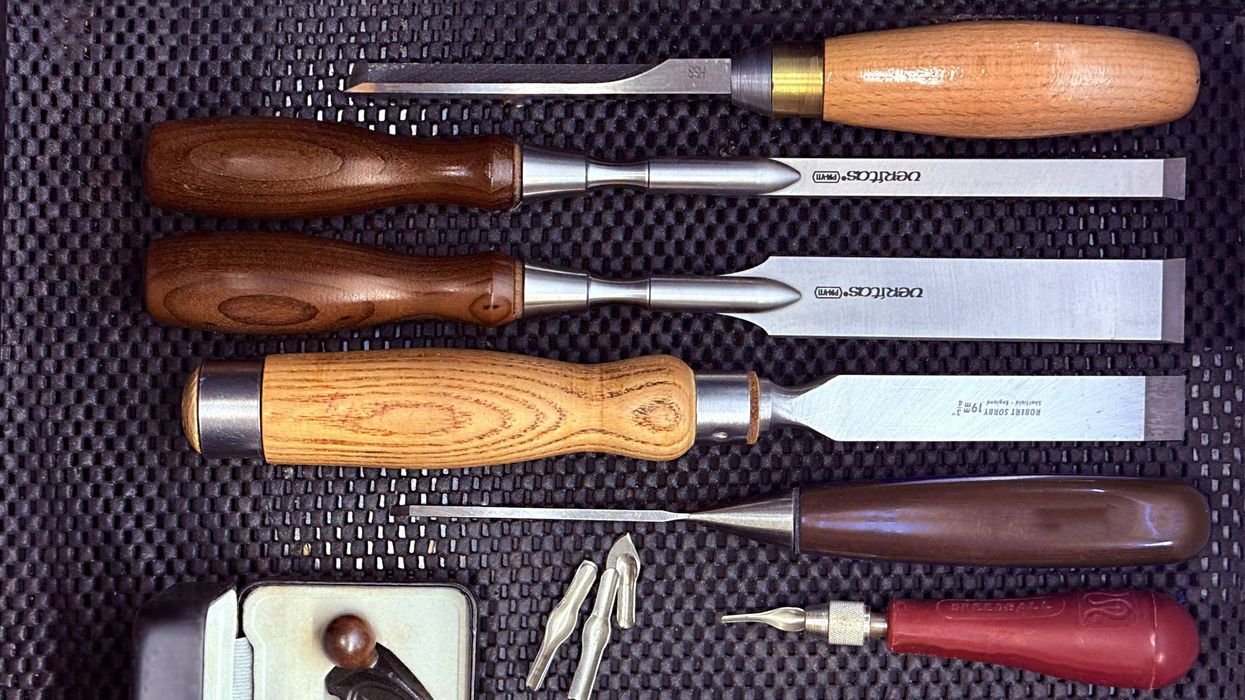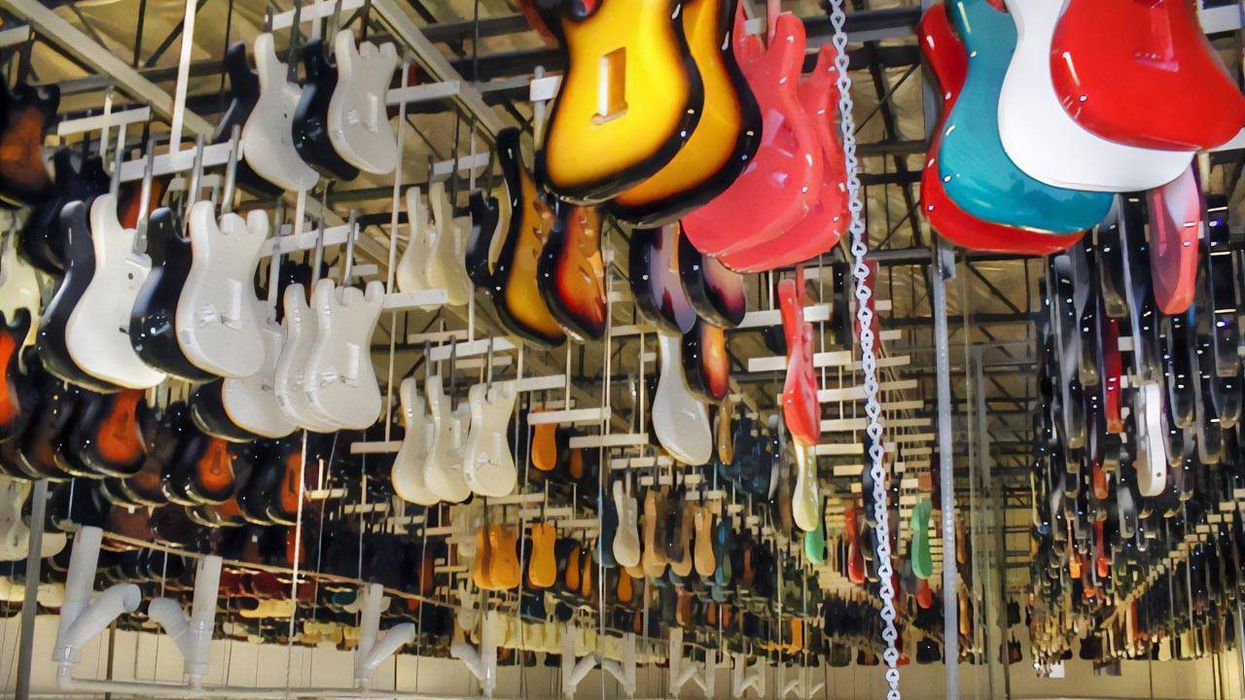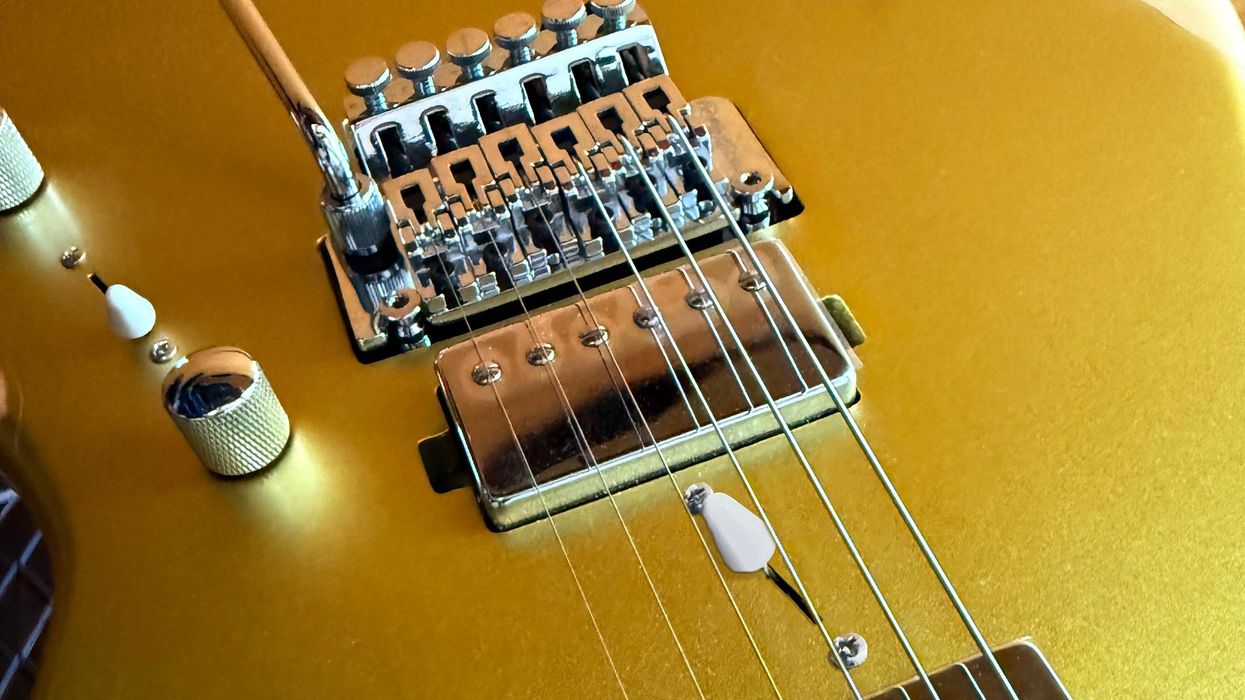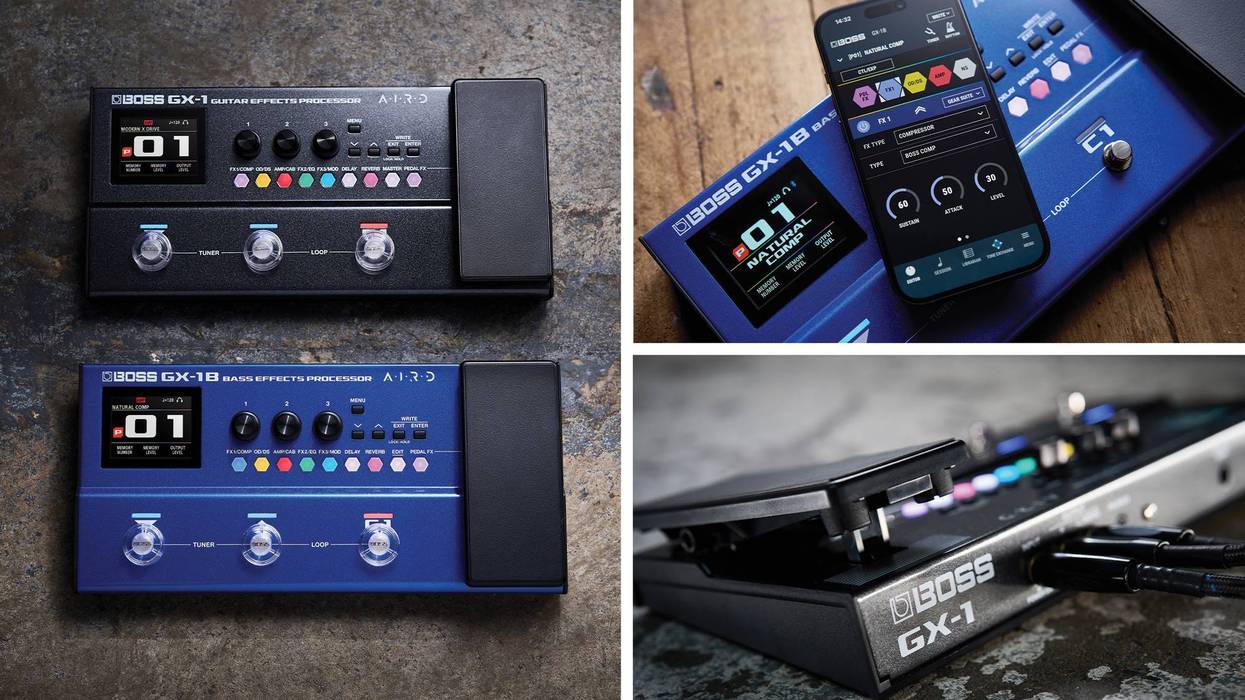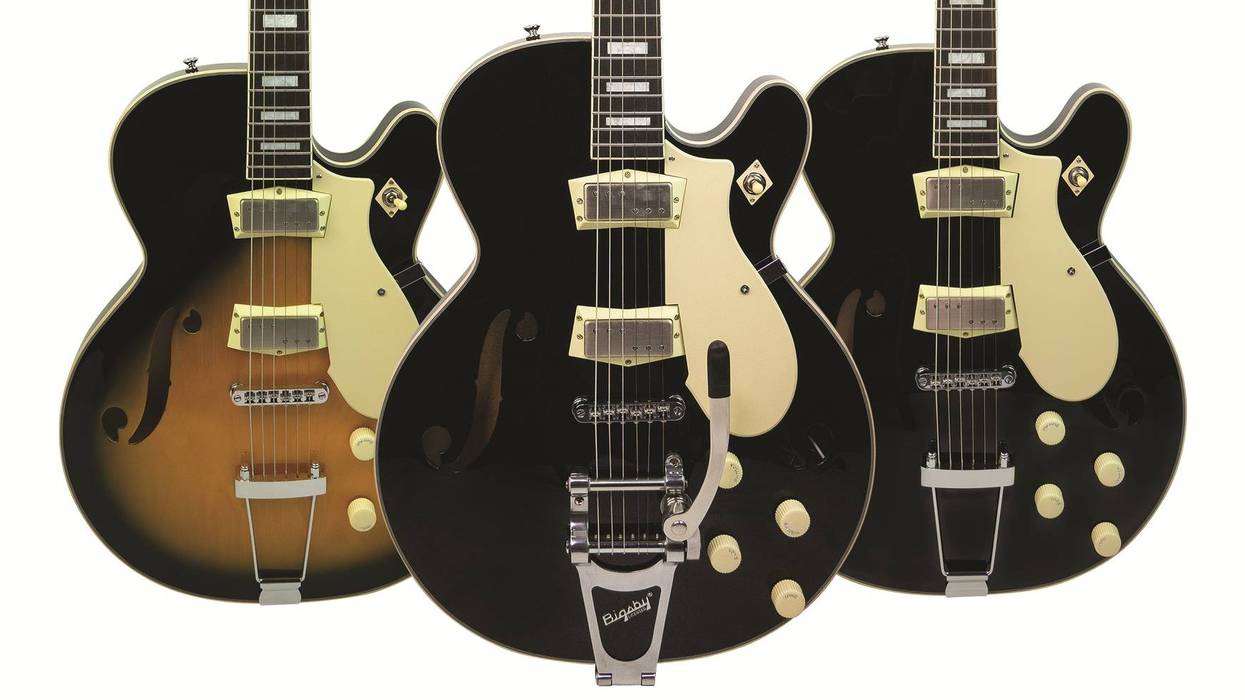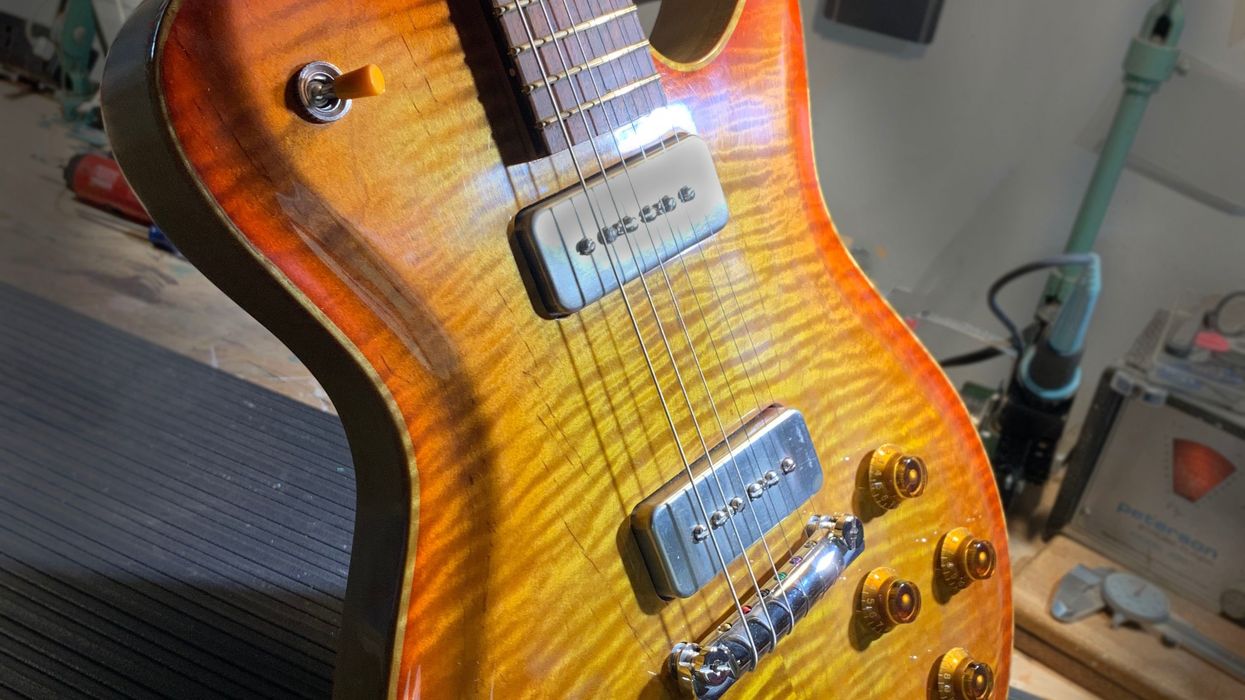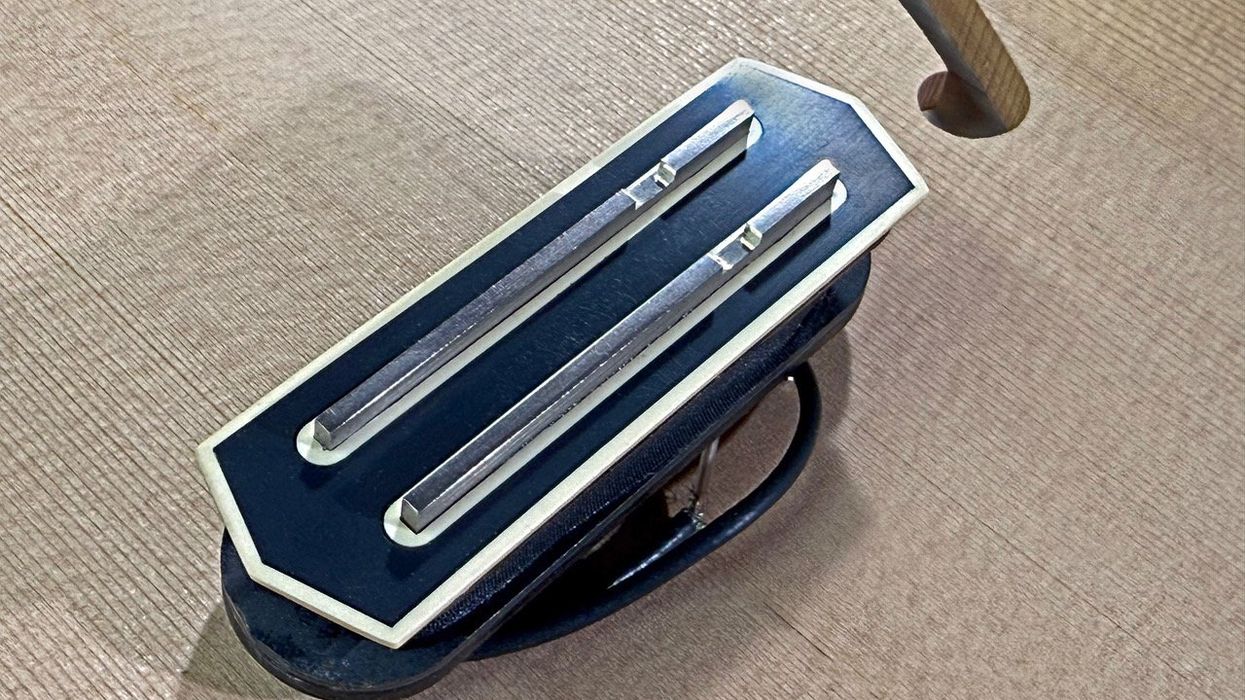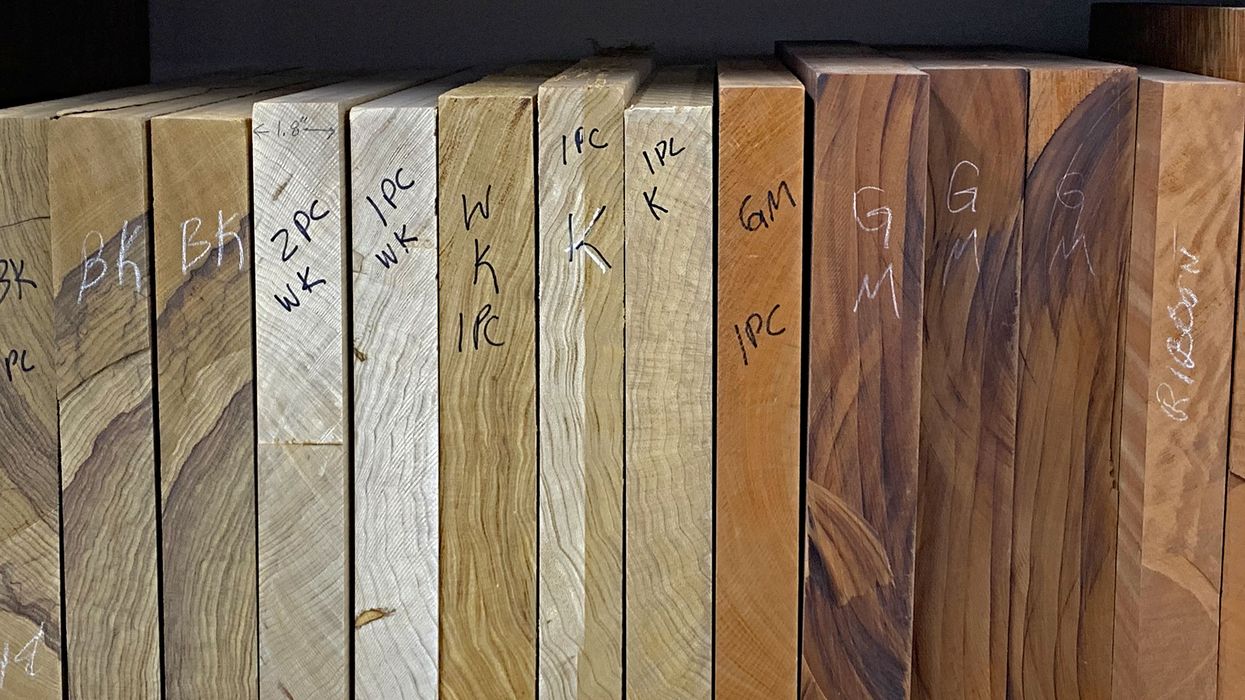The life of a tech is where art, craft, science, and sorcery collide. My story isn’t so different from thousands of others in the performing arts world. It began at an extremely young age, in what they now call middle school. As much as I wanted to play music, draw, paint, and photograph, I was also drawn to the technical side of the creative pursuits.
Luckily, schools at the time offered classes in photography and art right along with printing, drafting, woodworking, stage crew, and auto repair. I never thought of them as disparate—even then I knew they were all interconnected. There wasn’t a master plan—there was only a path.
Along the way, I met others who shared a passion for music and mechanics. One of the first was a ham-radio fanatic who also loved music. He was referred by a classmate for electronic repair on my guitar amp, and we soon found we had a lot of common interests. Vince was a high school student by day and a radio-phone operator by night. These were the days before cell phones, a time when car phones were huge radio transceivers stowed in the trunks of wealthy people’s cars. To place a call, the driver had to radio in to an operator who would connect them to a landline. Vince would make the connection and then go back to waiting for the next call. We got to talking about repairing guitar amps, or even the possibility of building one from scratch, and started work on an amplifier within days. While Vince worked on the amp chassis, I constructed a plywood speaker cabinet and stuffed it with 15" Utah speakers. After a few weeks and a dozen trips to the electronics store, we had a functioning, terrible-sounding amplifier. Vince was convinced it had something to do with the plate voltages. “Needs more pressure,” was his cryptic explanation. After that, we lost interest, moved on, and lost touch. But I’d learned enough to be dangerous to myself.
That was the beginning of my long-standing respect for technicians of all sorts. There was Gary, who owned a fledgling amplifier company and rental shop on the West Side of Chicago. His amps were robust and had plenty of clean headroom, which really wasn’t what guitarists were looking for by the end of the 1960s. Still, my long drives to his shop were rewarded with free-flowing lectures about amp design. It was a prototype for a DIY music gear business, which was inspiring.
“Because pros rotate through different tours, their experience and expertise come from an infinitely deeper and wider range of real-world experience than working in a music store or watching YouTube videos.”
Similarly, Bruce Gordon had a repair shop shoehorned into a tiny space off Dempster Street in Evanston, just north of Chicago. Gordon started his repair business while playing in local bands, including one that had a string of regional and national hits. I used to walk past his open door on my way to work in the morning and would often stop to talk to him. He might have been the first pro musician that I had ever met who was also a technician. Once again, I found a person who was willing to share information and tips readily. I worked at a later incarnation of his expanded business where I learned from more seasoned techs who were always comparing notes and helping each other.
Over the decades, I learned to lean on the expertise of pro guitar technicians. As the touring business grew, being a tech became a serious profession, and knowing the techs on the road was a constant source of great information and camaraderie. Because pros rotate through different tours, their experience and expertise come from an infinitely deeper and wider range of real-world experience than working in a music store or watching YouTube videos. When I deal with pro musicians as a guitar builder, it’s often through an introduction made by a tech as much as the other way around. If I find a guitarist to be lacking in the ability to verbalize their ideas, often a great tech is there to sort things out.
So here’s to all those who make the big wheels roll. They learn from each other and pass their lessons along to others freely with no strings attached. Like Jackson Browne sang: “They’re the first to arrive, and the last to leave.” They don’t get the spotlight, but the artists know that without them, there is no show. Without them, I wouldn’t be here today. Thank you to every one of you.


